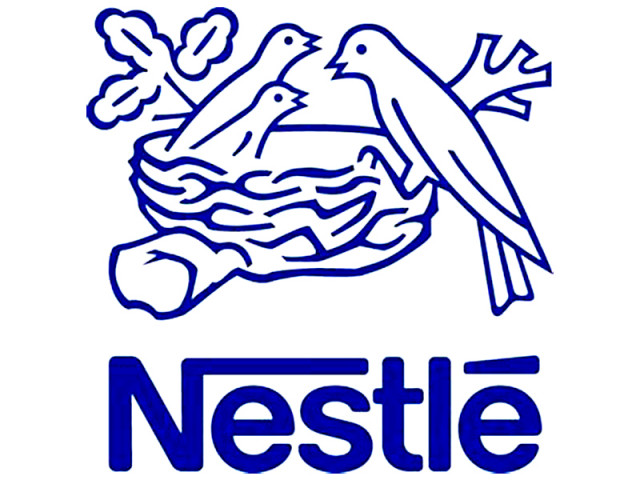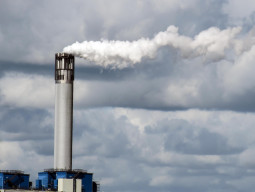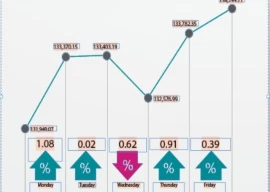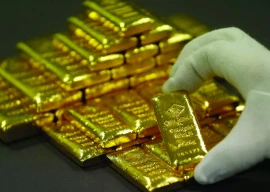
Nestle Pakistan has made a fresh investment of $104 million in Egron project – a milk powder drying facility – at its Sheikhupura dairy, juice and water factory.
The milk powder plant has now been equipped with new technology and it can produce an additional 30,000 tons per year. Power generation capacity and waste water management system have also been upgraded and additional filling lines have been set up.
Earlier in 2011, the company had launched four new products, of which two were milk powder products – Milkpak milk powder and Nesvita milk powder.
Success of these and other products has forced the management to enhance capacity to meet present as well as future demand for milk powder products. For higher management, growth is necessary that cannot be halted even in worse circumstances to keep Nestle number one not only in Pakistan but globally.
“Nestle operates for the long run in every part of the world, we cannot take decisions by analysing local circumstances, we are innovators, we are growing, so we are investing,” said Jose Lopez, Executive Vice President Operations of Nestle Global while talking to The Express Tribune.

For Lopez, who arrived here to inaugurate the Egron project on Friday, law and order is not something to worry about as in some other parts of the world Nestle has suffered because of security issues but is still working, like in Syria, where its unit was bombed.
“In Japan, we are about to celebrate 100 years of Nestle, during this time Hiroshima and Nagasaki suffered two major attacks, but we are still in Japan, this shows our commitment,” Lopez said.
Energy crisis and a persistent increase in inflation also could not prevent Nestle Pakistan from growing. In 2012, the company grew 22% to reach an annual turnover of $800 million (Rs79 billion).
Exports
The company also exports powdered milk to Afghanistan and nearly 8% of its revenues come from this market. Though exports can be a profitable venture, Nestle has no plans to enhance sales to Afghanistan or to some other country, unlike India from where it is exporting to Sri Lanka and Nepal.

“Nestle Pakistan is for Pakistan only, we are a part of the Pakistan economy, we invest here and find wonderful results. We are here to work with local people and suppliers for better food and better life,” Lopez said.
No price war
Nestle, which has been in Pakistan since 1988, has engaged some 200,000 farmers in an effort to enhance milk productivity. Though competition in UHT milk and juice segments is getting tougher, but Nestle is not considering it as a threat and insists that its products are of high value.
For Nestle, high-value products have their own market and such products do not compete with low-value products like pasteurised milk, which is also getting popular.
Prices for Nestle’s products are higher compared to the same products of its competitors, but it is not bothered about expensive goods. “For a high-value company like us, high cost is not an issue, the issue is to reduce waste and we are working on this,” Lopez said.
Lopez described Pakistan as a medium-sized market out of Nestle’s 468 units worldwide, despite the fact that Pakistan is the sixth most populous country on the globe.
The main reason is lack of awareness in the people, especially rural population, of such products. Still, it proves positive for Nestle as it has a lot of ground to cover and this is why it has invested $148 million over the past two years in factory expansion projects to meet rising consumer demand.
Published in The Express Tribune, March 23rd, 2013.
Like Business on Facebook to stay informed and join in the conversation.


















COMMENTS
Comments are moderated and generally will be posted if they are on-topic and not abusive.
For more information, please see our Comments FAQ